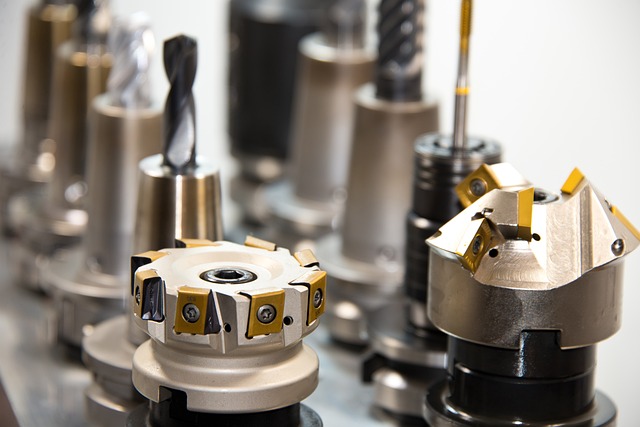The word “automation” in discussions about industry was added to the general vocabulary some time ago. We know that investing in machines for production processes will bring long-term savings by eliminating the human factor, improving work efficiency and enhancing quality. However, in times of advancing artificial intelligence technology, it is beginning to take on new meaning.
Today, we know that some production processes, such as the manufacturing of specialized integrated circuits, cannot be carried out without highly specialized machines. We also know that manufacturing processes in certain industries are so complex that investing in automation will not pay off in a reasonable time frame, or because it is not possible to build a robot that can always reach the places it needs to with its head. It’s no coincidence that the final quality inspection stage for Lexus cars is handled by a person who has been doing it for 20 years.
How does the concept of artificial intelligence fit into the above considerations? When we assess the quality of finished products or individual components, there is no more efficient technology than using neural networks to compare individual elements with a pattern encoded in software, whether by comparing images or other mechanical properties tested at individual quality control stations. If we use a machine in the production process that requires an operator, despite many years of experience and work, such an operator may not notice the approaching need for maintenance, but a properly built algorithm comparing the machine’s daily operation with a learned pattern can.
What can an entrepreneur do who wants to improve efficiency in their company but, due to the industry’s specificity or the capital-intensive nature of investing in production robotics, considers it too risky? Currently, comprehensive ERP solutions are available on the market that can help optimize quality management in the manufacturing process and efficiently manage purchasing and logistics costs. The Kinetic system, developed by the American company Epicor and implemented in Poland by Todis Consulting Group, offers the ability to prepare a process book with illustrations and detailed instructions for assembling individual products. This type of solution is particularly effective when dealing with highly customized products built to a client’s specific specifications. Another system, Rambase Cloud ERP, also implemented by Todis Consulting Group, includes an integrated module supporting quality management systems.
If you are a manager in a manufacturing company, contact us. We will help identify areas for improvement that will not involve significant costs and assist you in selecting the right tools to support you in this endeavor.




